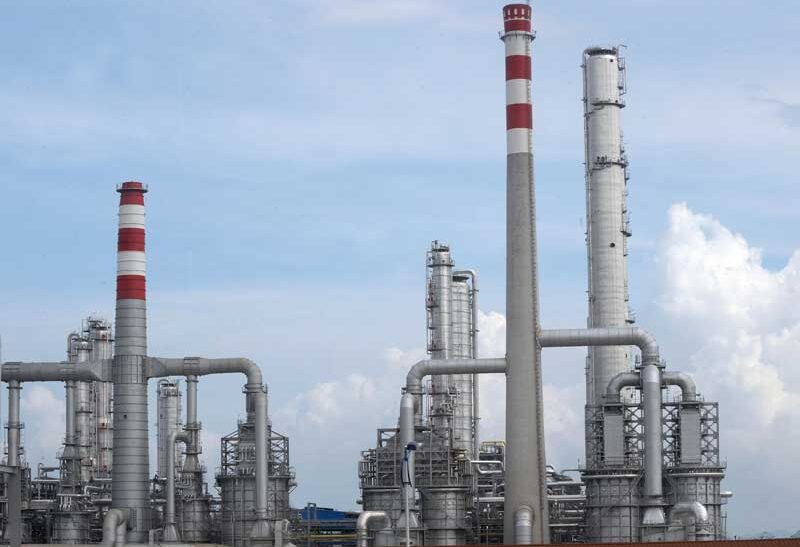In a significant move to strengthen its emerging hydrocarbons industry, the Ugandan government has signed an oil refinery implementation agreement with Alpha MBM Investments LLC to develop a $4 billion (Shs 14.6 trillion) oil refinery.
President Yoweri Museveni confirmed the agreement, stating that the refinery will be constructed in Hoima District with a processing capacity of 60,000 barrels per day. This initiative aligns with Uganda’s broader strategy to refine its crude oil domestically rather than exporting raw materials.
“The oil refinery is not just about fuel but also about Uganda producing and exporting refined products instead of importing them. We must stop exporting raw materials and instead add value to everything we produce,” Museveni said.
On Wednesday, the company behind Uganda’s East African crude pipeline (EACOP) secured its first tranche of $15 billion (Shs 18.3 trillion) external financing from a consortium of institutions, including commercial banks and Afreximbank.
Currently, Uganda is at the drilling stage for oil wells across various well pads in the Kingfisher and Tilenga projects, located in Kikuube and Buliisa districts.
This decision follows the termination of negotiations in July of the previous year with a consortium that included a unit of the U.S. firm Baker Hughes. Talks collapsed due to the consortium’s failure to secure necessary financing promptly, causing setbacks to Uganda’s oil processing ambitions.
Uganda’s petroleum reserves, primarily situated in the Albertine Rift Basin along the western border with the Democratic Republic of Congo, have attracted international interest. Despite their discovery over a decade ago, commercial production has been delayed due to logistical, financial, and political challenges.
The planned refinery, with a 60,000-barrel-per-day capacity, is a cornerstone of Uganda’s strategy to emerge as a significant player in the global oil market. The government anticipates beginning commercial crude production by 2025, reflecting both the opportunities and challenges within the sector.
Several factors have contributed to the delay in exploiting Uganda’s petroleum reserves. As a landlocked country, Uganda faces logistical hurdles in transporting oil to international markets. Addressing this requires extensive infrastructure development, including pipelines and refineries, which demand considerable time and capital investment.
Securing substantial financial backing for a sector that is relatively new to the country has also been a significant barrier. The failed negotiations with Baker Hughes illustrate the complexities of attracting reliable and timely investment for large-scale projects.
Environmental and social concerns further complicate the industry’s development. The Albertine Rift is a region of high biodiversity, raising concerns about the impact of oil extraction on local ecosystems and communities. The Ugandan government has had to balance economic development with environmental preservation and social responsibility.
The partnership with Alpha MBM Investments brings renewed optimism to Uganda’s oil industry. The UAE-based firm not only provides the necessary capital but also offers expertise in oil infrastructure development, which is crucial for the landlocked nation.
While Uganda’s journey to becoming an oil-producing nation has faced significant challenges, recent developments mark a positive shift. The government’s commitment to overcoming these obstacles, coupled with strategic international partnerships, positions Uganda to make substantial progress in its hydrocarbon sector. The successful establishment of the oil refinery will not only boost Uganda’s economy but also contribute to the energy needs of the region.





















